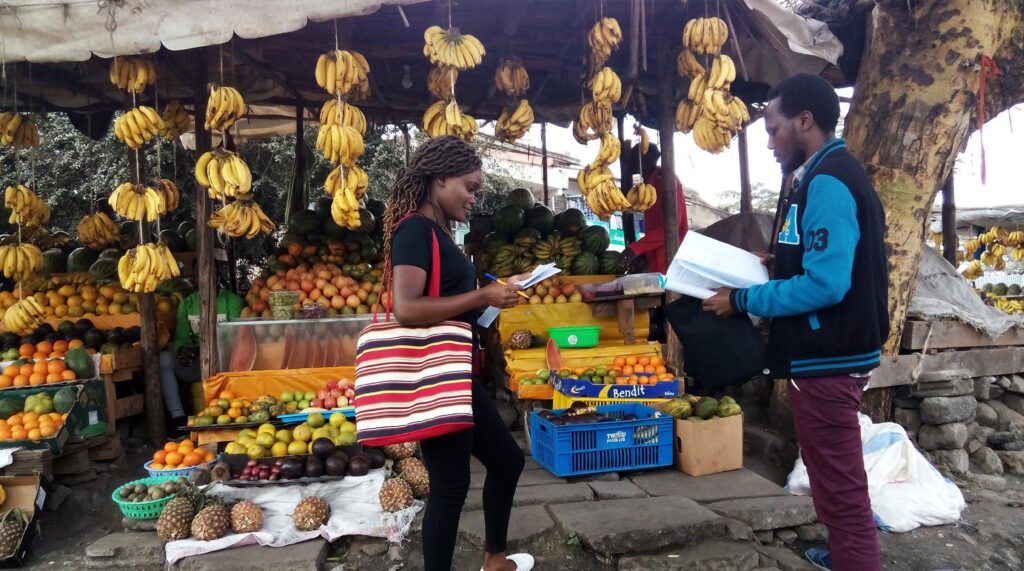Foreign Models and Discordant Outcomes in Nairobi’s Food System
— PhD Thesis — This dissertation critically examines the transformation of Nairobi’s food system within the context of rapid urbanization, retail liberalization, and the growing influence of supermarket economies. Drawing on extensive data from household surveys, policy analysis, and documentation research, it investigates the application of the supermarket revolution model and food desert concept within the specific […]
Foreign Models and Discordant Outcomes in Nairobi’s Food System Read More »

